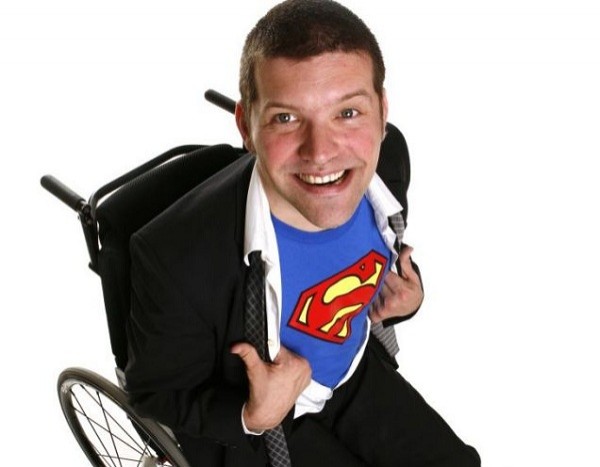What is Institutional Ableism

People usually create stereotypes due to lack of information. This eventually leads in discriminating other people or treating them differently due to prejudice. Prejudice can cause ableism which is evident in individual, institutional and cultural levels. These people think they are better and superior in comparison with disabled people. When a person mistreats other person who is mentally, emotionally or physically disabled, it is known ableism. Due to disabilities, that person faces many hurdles when performing any activity. His/her disability also limits daily activities. As a result, these people are denied equal access to housing, health care, employment and education.
Instructions
-
1
Institutional Ableism
Institutional ableism is referred to discrimination towards disabled children, teachers and other people in an institution. Children with special needs or who are disabled face many problems in maintaining interpersonal relationships at schools. Parents with special children need to know that their child may become victim of ableism. Many students, school officials and even teachers treat special children differently. Parents should know when their disabled children are at risk of negative stereotyping. -
2
Outcome
Children who become victim of ableism might not feel equal or fit in that particular area or institution. On the whole, disabled children are considered inferior in contrast with normal children. Remember that a school might not be encouraging any ableism but it may be carried out in the arrangements. -
3
Reduction of stereotyping
In few institutions, children are mixed with general population. However, the student body population might develop ableism if special measures not take. This is why some schools have started special classes and provide more care to disabled children.







